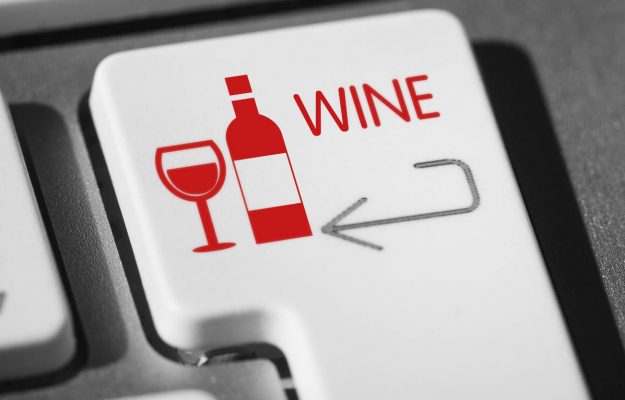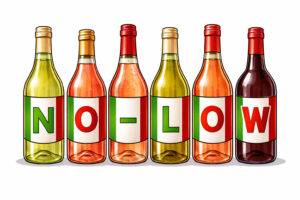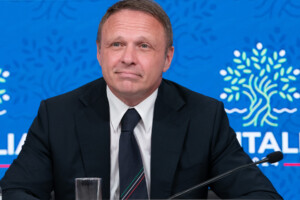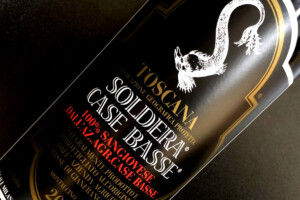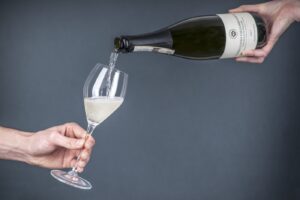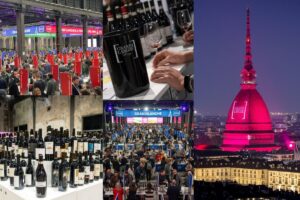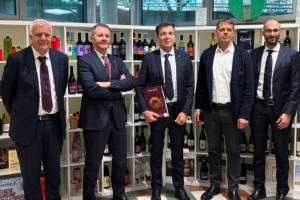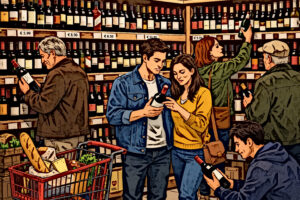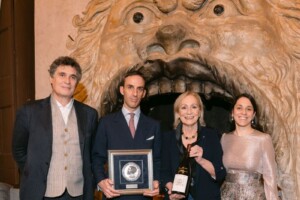As the other sectors, also the beverage industry learned to recognize the digital platform as foundamental to interact with consumers, to inform them, to learn and, finally, to sell, despite the fact that law of different Nations have always hindered the on-line sale of alcohol, at least untill now. Drinks Market Analysis global data of Iwsr- International Wine and Spirits Research, examined in “The impact of Ecommerce on Alcohol Trading”, show that in 2018 alcohol sales in the world registered 1.8%, with wine as first on-line product, where the total of sales reaches 3.6%, equal to 8 billion dollars.
A growth so quick, to become a real threat for wine shops in UK, where on-line wine sales even reached 6.5% of the total, with the giant Majestic, that sold its chain of stores to focus on on-line business with Naked Wine. The large number of producers and the extension of choise made the wine sector the right one to experience . So the on-line platform rapidly became the right one to satisfy the curiosity of wine lovers and to train and inform the consumer. The case history of Vivino, that has in its market place 10 million different wines and 35 million users, fully shows the compatibility between wine and digital space.
As regards spirits, instead, the on-line turnover is 2% of the total of 6.5 billion dollars. For Pernod Ricard, the benchmark group for the sector, e-commerce has the greatest potential. The sale of individual companies, instead, was less effective on on-line platforms, especially compared to the partnership with on-line retailer and famous delivery services, probably because of few choices, limited to brands property. So the tendency is to establish partnership between producers and on-line platforms already existing. On-line sales market has one leader, China, that has 800 million connected consumers, with a period of great prosperity from smartphone and apps, with 6.5% of alcohol purchase.
As regards wine, on-line guarantee quick deliveries and low prices, so that purchases from e-commerce are 9% of the turnover, but only 4% for spirits. A growth of the sector is expected, at the expense of traditional shops, that are going to see their space reduced, due to a high supply with competitive prices, with faster delivery times. As a result, worldwide, digital is supposed to upset the alcohol market, that will become more varied and interesting, where the majority of brands is no more forced to shove to have a place.
Copyright © 2000/2026
Contatti: info@winenews.it
Seguici anche su Twitter: @WineNewsIt
Seguici anche su Facebook: @winenewsit
Questo articolo è tratto dall'archivio di WineNews - Tutti i diritti riservati - Copyright © 2000/2026










